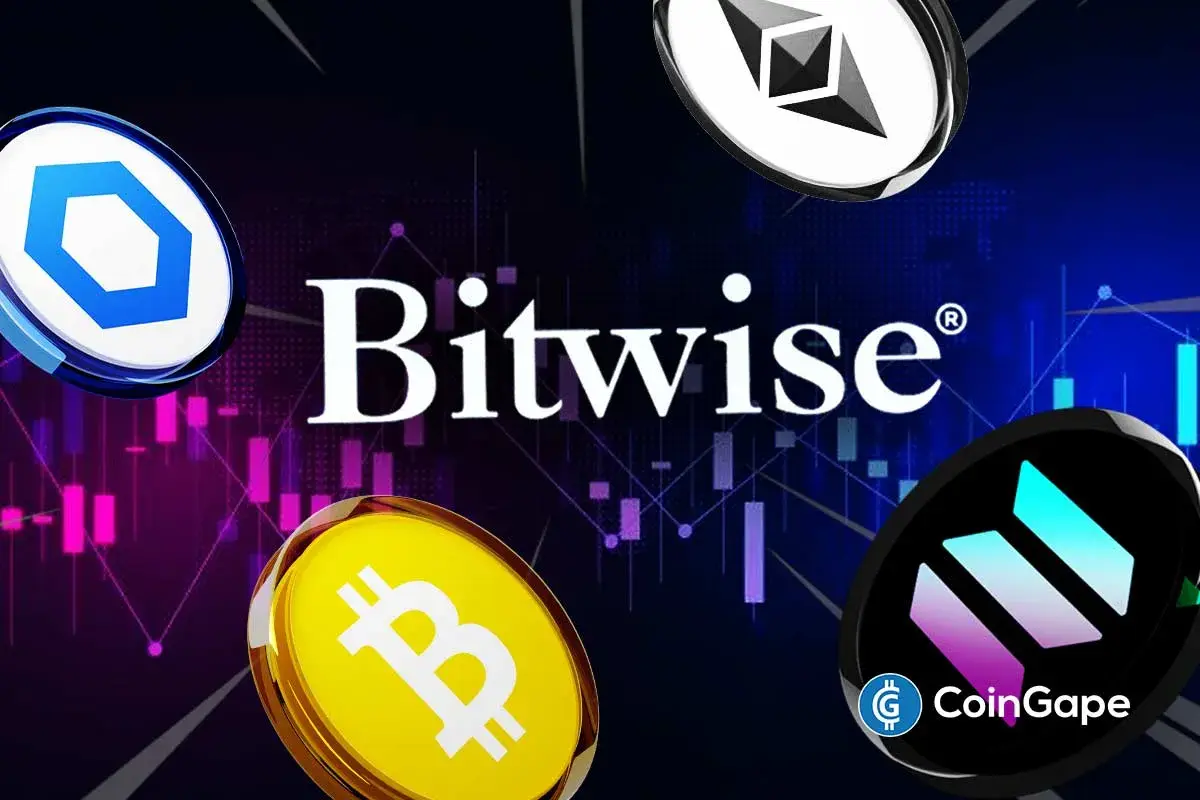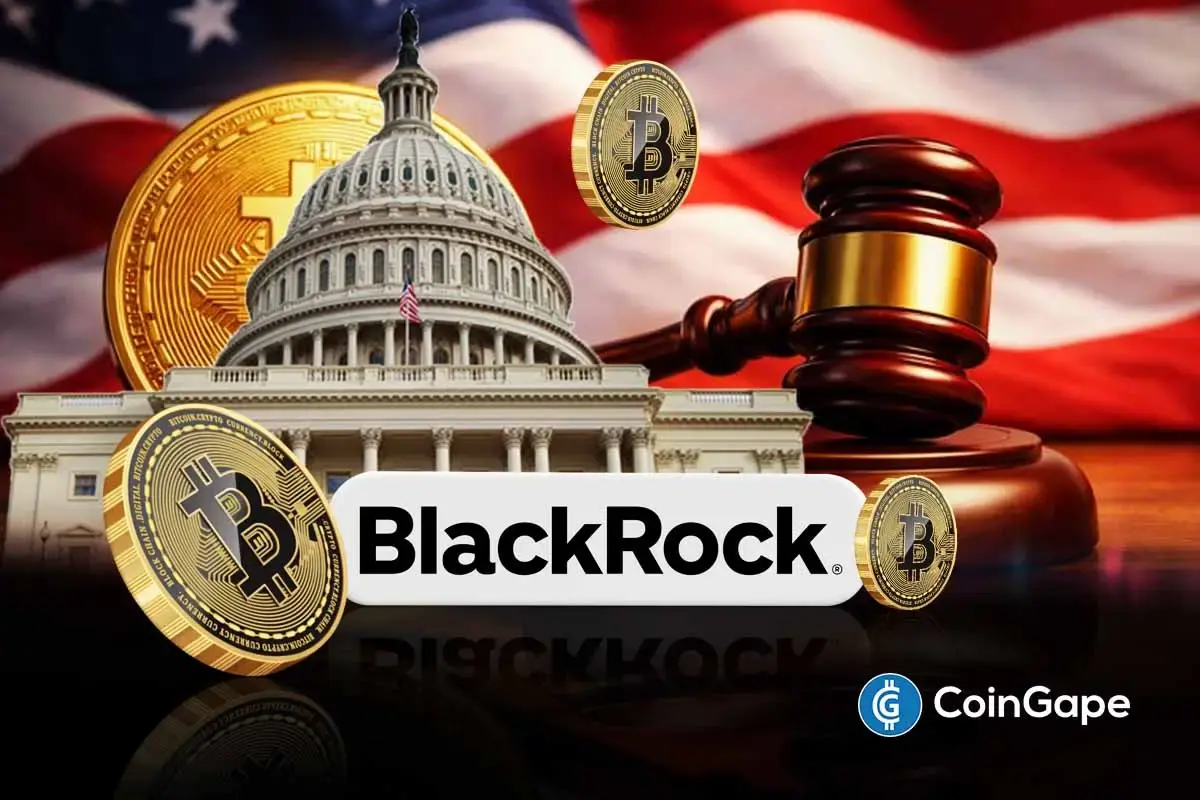North Carolina Introduces Bill for State Bitcoin Investment Strategy, Here’s All

Highlights
- North Carolina's SB327 allows up to 10% of public funds in Bitcoin, positioning the state as a crypto innovation leader.
- Bitcoin mining in SB327 could help NC build its reserve cheaply while boosting local businesses and jobs.
- NC aims for strategic Bitcoin use, focusing on infrastructure and research funding, not daily fiscal needs.
North Carolina is moving forward with a new initiative to incorporate Bitcoin into its financial strategy. The state has introduced Senate Bill 327 (SB327), which would allow the allocation of up to 10% of public funds into Bitcoin as a reserve asset. The bill aims to position North Carolina as a leader in state-level cryptocurrency adoption.
North Carolina Bill for State Bitcoin Investment Strategy
According to a recent report, SB327, proposed by three senators of the Republican party, Todd Johnson, Brad Overcash, and Timothy Moffitt, the bill sees the usage of Bitcoin investment as a means to strengthen the position of North Carolina’s economy. Per the bill, Bitcoin should be recognized as a long-term financial asset and part of the state’s financial innovation policy.
According to the bill, the State Treasurer would be allowed to invest the public funds in Bitcoin as a percentage in its operations, with that specific percentage being 10%. This could be in line with the state’s economic development strategy that aims to adapt to the financial technology following North Korea’s speculation of launching a BTC reserve too.
Similarly, Bitcoins would be held in cold-storage in multiple signatures as a measure of security in holding the funds. Besides the creation of a Bitcoin reserve, the bill also introduces a setting up of the Bitcoin Economic Advisory Board as a committee of trained professionals in the management of the reserve.
Strict Control on Bitcoin Usage
The bill sets certain conditions for using Bitcoin in the state with a focus on the restricted usage. Some situations in which Bitcoin held in the reserve can be sold include; during a severe financial crisis other reserve assets are inadequate, or for financing objectives concerning infrastructure and development.
To sell any of the Bitcoin, the North Carolina General Assembly both chambers will need the approval of at least two-thirds. This decision follows Deutsche Bank prediction that a Bitcoin reserve in the US could offset the national debt, which may also be the result for North Carolina.
The bill also states that the Bitcoin reserve should be used selectively. Such as providing bonds for public works, or venture into funding of research and spreading of knowledge about Bitcoin. This means that the state’s Bitcoin reserve will not be used to meet the daily fiscal needs of the state but will be used in a strategic manner in the future.
Bitcoin Mining as a Potential Source of Revenue
Out of all the features found in SB327, the most distinctive feature that needs to be pointed out is the provision made for Bitcoin mining. The bill recommends that North Carolina consider engaging in Bitcoin mining activities because this would enable the state to accumulate more BTC cheaply. Bitcoin mining, which involves verifying transactions on the blockchain and earning new Bitcoin in return, could allow the state to build its Bitcoin reserve over time without relying solely on market purchases.
With the integration of mining operations into the plan North Carolina would be able to cut down its initial costs of investment and at the same time develop a new industry within the region. Since Bitcoin mining is a legitimate activity involving the state’s participation to generate more businesses and employment in this technological area, it would contribute to the state’s economic improvement. Currently, SB327 is one of several bills on the billboards of the North Carolina legislature aimed at adapting cryptocurrencies into state law.
Alongside this bill, the state’s House of Representatives has introduced House Bill 92 (HB 92), which would allow the State Treasurer to invest in Bitcoin exchange-traded products (ETPs). HB92 proposes allocating up to 10% of public funds and retirement systems into ETPs that track digital assets, particularly Bitcoin.
- XRP Realized Losses Spike to Highest Level Since 2022, Will Price Rally Again?
- Crypto Market Rises as U.S. and Iran Reach Key Agreement On Nuclear Talks
- Trump Tariffs: U.S. Raises Global Tariff Rate To 15% Following Supreme Court Ruling
- Bitwise CIO Names BTC, ETH, SOL, and LINK as ‘Mount Rushmore’ of Crypto Amid Market Weakness
- Prediction Market News: Kalshi Faces New Lawsuit Amid State Regulatory Crackdown
- Dogecoin Price Prediction Feb 2026: Will DOGE Break $0.20 This month?
- XRP Price Prediction As SBI Introduces Tokenized Bonds With Crypto Rewards
- Ethereum Price Rises After SCOTUS Ruling: Here’s Why a Drop to $1,500 is Possible
- Will Pi Network Price See a Surge After the Mainnet Launch Anniversary?
- Bitcoin and XRP Price Prediction As White House Sets March 1st Deadline to Advance Clarity Act
- Top 3 Price Predictions Feb 2026 for Solana, Bitcoin, Pi Network as Odds of Trump Attacking Iran Rise


















